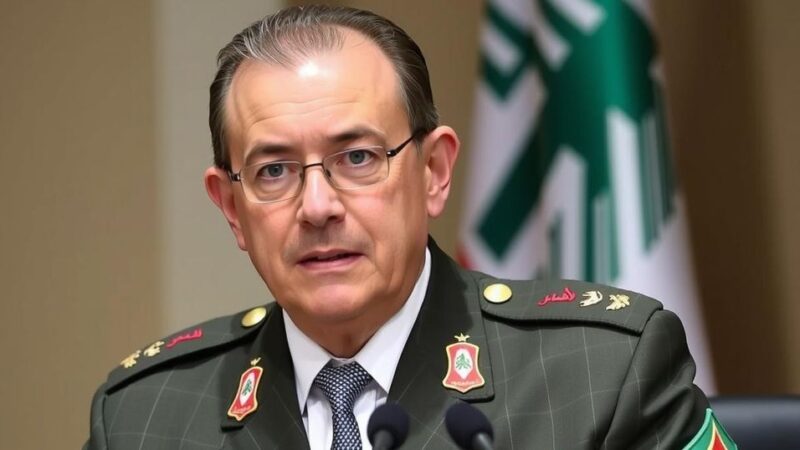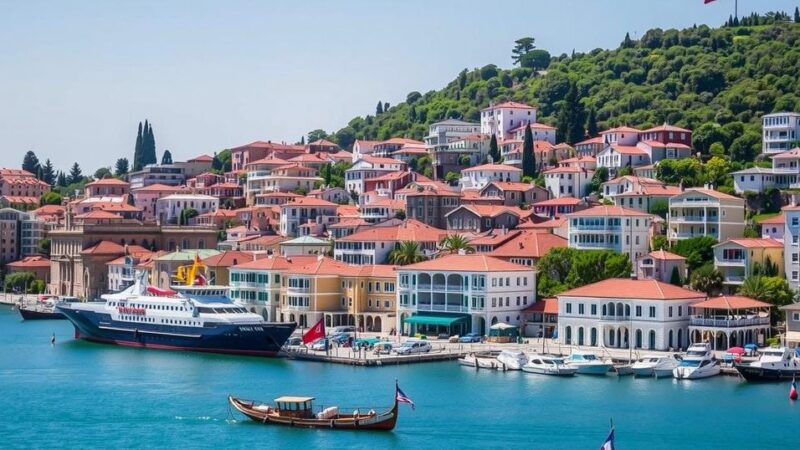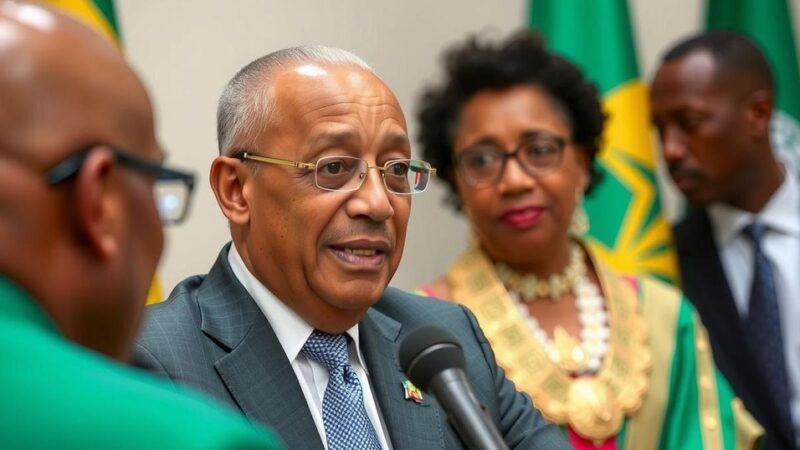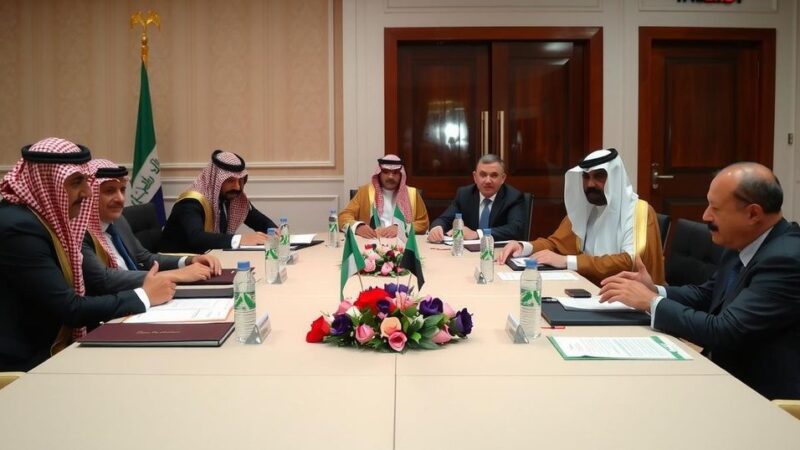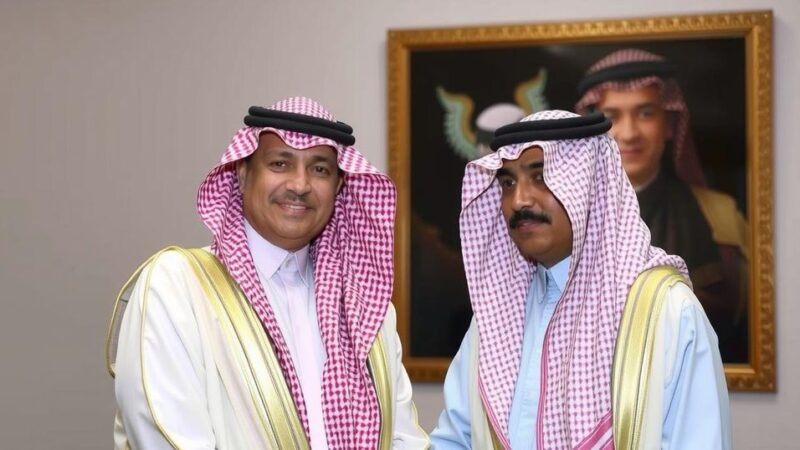The UN has reported over 10 million people displaced in Sudan amidst ongoing conflict, representing 20% of the population. The humanitarian aid response is hindered by severe challenges including funding shortages. Additionally, UN Deputy Secretary-General Amina Mohammed is assessing SDG implementation in West Africa, and Côte d’Ivoire has signed onto the UN Water Convention to improve transboundary water management.
The ongoing crisis in Sudan has led to a staggering displacement of over 10 million individuals since the outbreak of war in April 2022, according to the United Nations Spokesperson Stéphane Dujarric, referencing the International Organization for Migration (IOM). This significant displacement equates to 20 percent of the Sudanese population being forced to evacuate their homes within a remarkably short period of 15 months. Most of these displaced individuals, nearly eight million, remain within the borders of Sudan, with over half being children. Furthermore, more than two million have sought refuge in neighboring countries, many of which are themselves struggling with humanitarian issues. In light of this crisis, the UN humanitarian community is striving to enhance assistance for those affected, including recent relief efforts supplying basic needs to around 2,000 displaced families in East Darfur, as reported by the UN refugee agency, UNHCR. Earlier reports revealed that food aid had reached more than 120,000 internally displaced people in South Kordofan. However, Dujarric warned that organizations endeavoring to deliver aid face substantial challenges, such as ongoing insecurity, lack of access, and significant funding shortages. He urged for the realization of pledges made by various contributors to facilitate support, noting that current funding stands at only 30 percent of the $2.7 billion required, with $820 million received thus far. In parallel developments, UN Deputy Secretary-General Amina Mohammed is on a mission to West Africa, initiating her tour in Senegal, where she engaged with President Bassirou Diomaye Faye and other government officials to evaluate the obstacles in achieving the Sustainable Development Goals (SDGs). The discussions aimed to bolster UN support for vital transitions towards food resource management, renewable resources, and digital economic advancements. Following her engagements in Senegal, Ms. Mohammed will continue her mission in Guinea and Mali before heading to Ethiopia for a preparatory committee meeting focused on financing for development. Moreover, Côte d’Ivoire recently joined the UN Water Convention, becoming the 53rd signatory and 10th African nation to commit to collaborative water management. This treaty aims to enhance transboundary water resource management in light of the growing challenges faced due to population growth, urbanization, and pollution which threaten water quality. Tatiana Molcean, Executive Secretary of the UNECE, remarked on the importance of Côte d’Ivoire’s accession as a reinforcement of multilateral cooperation in tackling water scarcity and fostering sustainable development in Africa. The next meeting of the Convention’s parties is scheduled for October in Ljubljana, Slovenia.
The humanitarian situation in Sudan has reached alarming levels due to ongoing conflict, causing the displacement of millions and severely straining resources. The UN is actively working to address the multifaceted challenges faced by the displaced population. Concurrently, global attention is directed at achieving the Sustainable Development Goals (SDGs), with UN officials engaging with West African nations to better understand challenges and strategize on solutions. Furthermore, international initiatives such as the UN Water Convention highlight the significance of cooperative resource management in addressing the pressing issues of water scarcity, particularly in Africa, where many countries share vital transboundary water sources.
The displacement crisis in Sudan signifies a major humanitarian challenge, underscored by the urgent need for increased funding and assistance. Concurrently, strategic engagements by UN officials in West Africa and Côte d’Ivoire’s commitment to the UN Water Convention reflect ongoing efforts to address critical developmental issues in the region. These initiatives highlight an essential global approach toward fostering cooperation and ultimately achieving sustainable development goals amidst significant challenges.
Original Source: news.un.org


